Have you ever wondered what it would be like to step back in time and experience the world through the eyes of people living in the 19th century? The Victorian era, spanning from 1837 to 1901, was a time of dramatic social change, industrial progress, and fascinating literature that continues to captivate readers today. Whether you’re a seasoned bookworm or just dipping your toes into classic literature, these 15 best Victorian books will transport you to another era and offer a glimpse into a world both distant and strangely familiar.
The Timeless Appeal of Victorian Literature
Historical Context
The Victorian era was a period of rapid transformation. The Industrial Revolution was in full swing, bringing both progress and upheaval. Society grappled with issues like class disparity, gender roles, and morality. These themes are richly explored in Victorian literature, making the books from this era not only entertaining but also deeply thought-provoking.
Literary Themes
Victorian literature often delves into the struggles of the individual against societal norms. Themes of love, ambition, and social justice are common, and the era’s novels, poetry, and non-fiction works often reflect the moral and social questions of the time. This makes them incredibly relevant, even today.
Top Victorian Novels
“Jane Eyre” by Charlotte Brontë (1847)
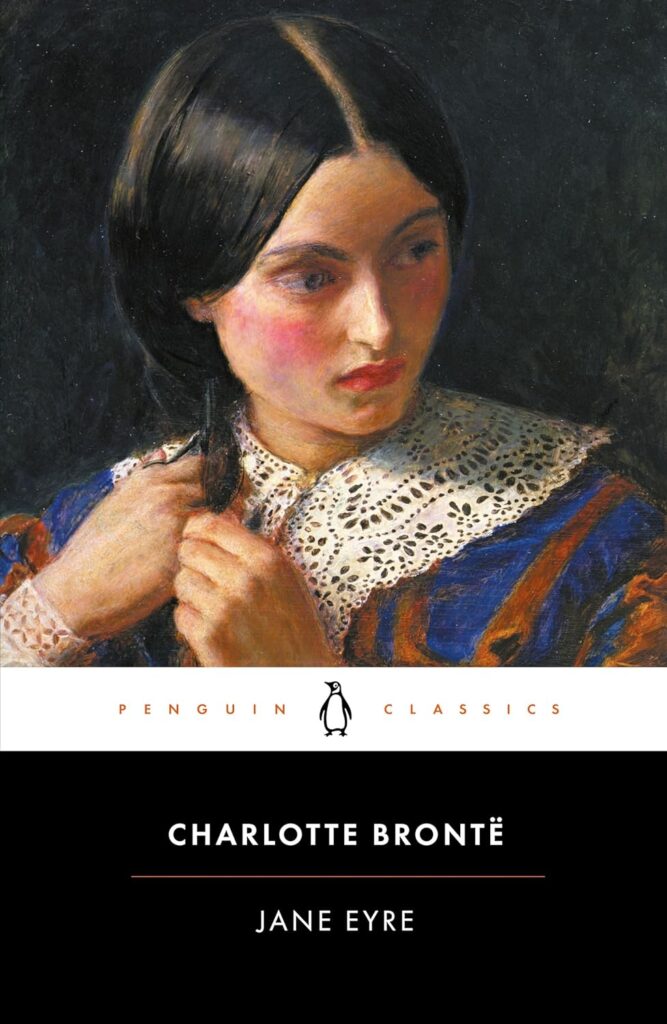
Summary: “Jane Eyre” is the story of an orphaned girl who grows up to become a governess and falls in love with her employer, Mr. Rochester. The novel is both a gothic romance and a social critique, addressing themes of class, sexuality, religion, and feminism.
Why It’s a Must-Read: I first read “Jane Eyre” in high school, and I was struck by Jane’s strength and resilience. Her journey from a mistreated orphan to a self-assured woman who demands respect is inspiring. The gothic elements add a layer of mystery and intrigue, making it a gripping read.
“Wuthering Heights” by Emily Brontë (1847)
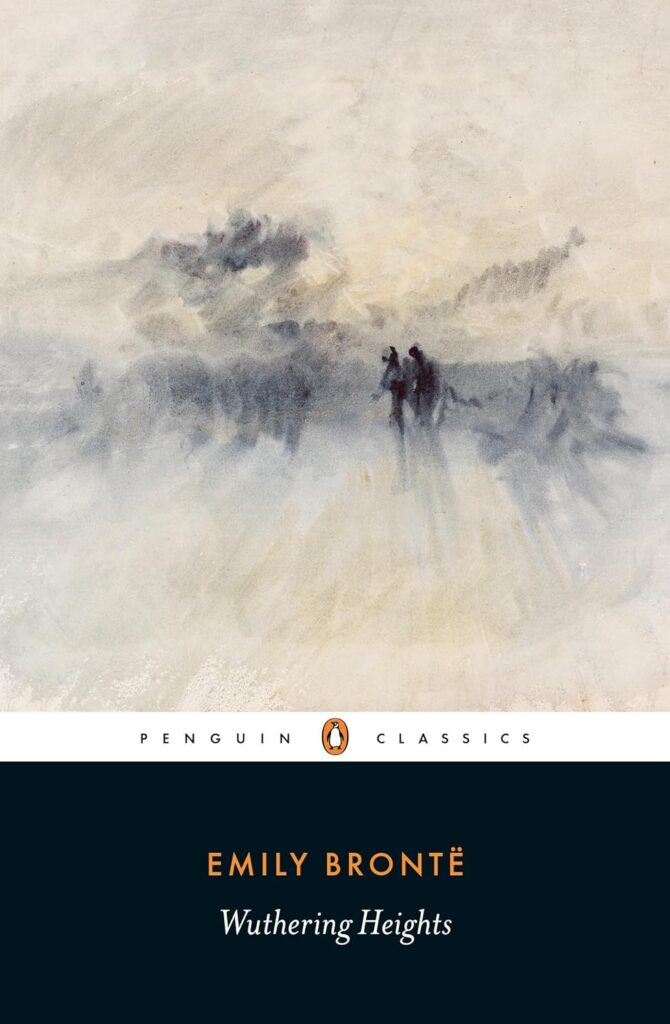
Summary: This novel tells the turbulent and passionate love story between Heathcliff and Catherine Earnshaw, set on the desolate Yorkshire moors. It’s a dark and complex tale of revenge, social class, and the supernatural.
Why It’s a Must-Read: The intense emotions and haunting atmosphere of “Wuthering Heights” make it a standout. I remember reading it during a stormy weekend, and the weather outside seemed to echo the wild emotions of the characters. It’s a novel that stays with you long after you’ve turned the last page.
“Great Expectations” by Charles Dickens (1861)
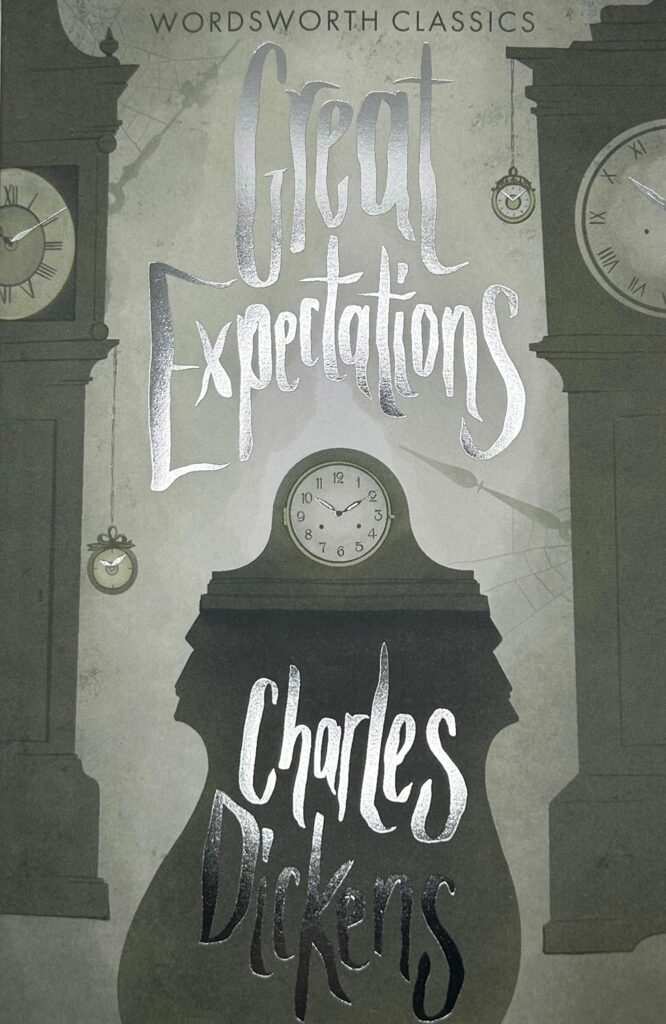
Summary: Follow the life of Pip, an orphan who comes into an unexpected fortune and navigates the complexities of wealth, love, and social status. Dickens’ vivid characters and intricate plot make this a timeless classic.
Why It’s a Must-Read: Dickens has a unique way of combining humor, social commentary, and unforgettable characters. “Great Expectations” is no exception. Pip’s journey from innocence to experience is both heartwarming and heartbreaking.
“Middlemarch” by George Eliot (1871-1872)
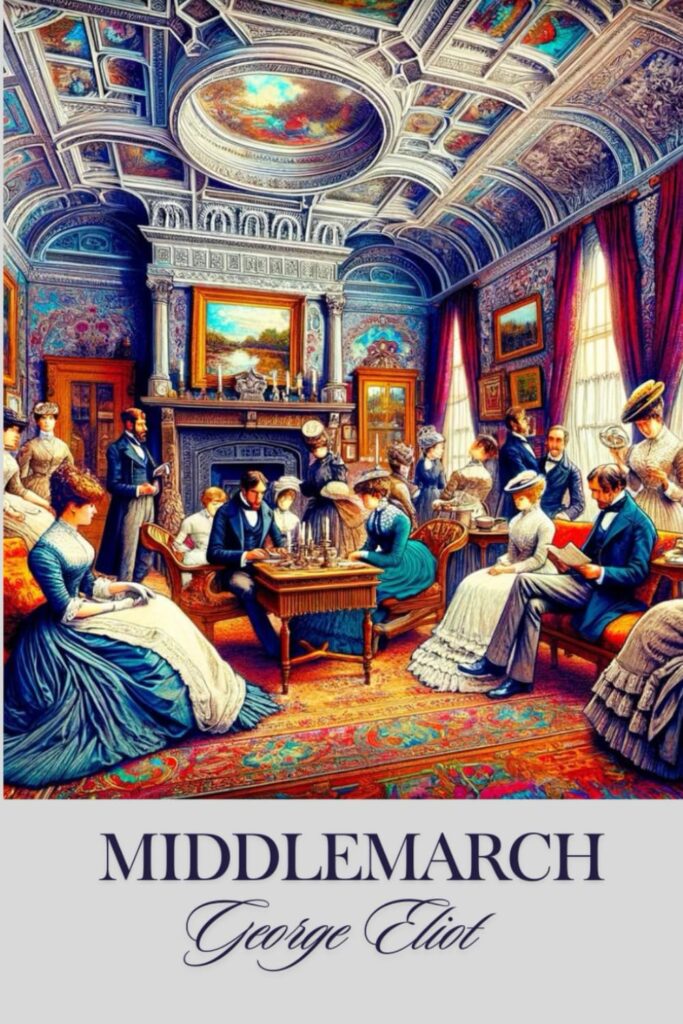
Summary: Set in the fictional town of Middlemarch, this novel explores the lives, ambitions, and relationships of its inhabitants. It’s a detailed and realistic portrayal of Victorian society.
Why It’s a Must-Read: “Middlemarch” is often hailed as one of the greatest novels in the English language. Its complex characters and intricate plot make it a richly rewarding read. I found myself deeply invested in the lives of Dorothea Brooke and Tertius Lydgate, among others.
“Dracula” by Bram Stoker (1897)
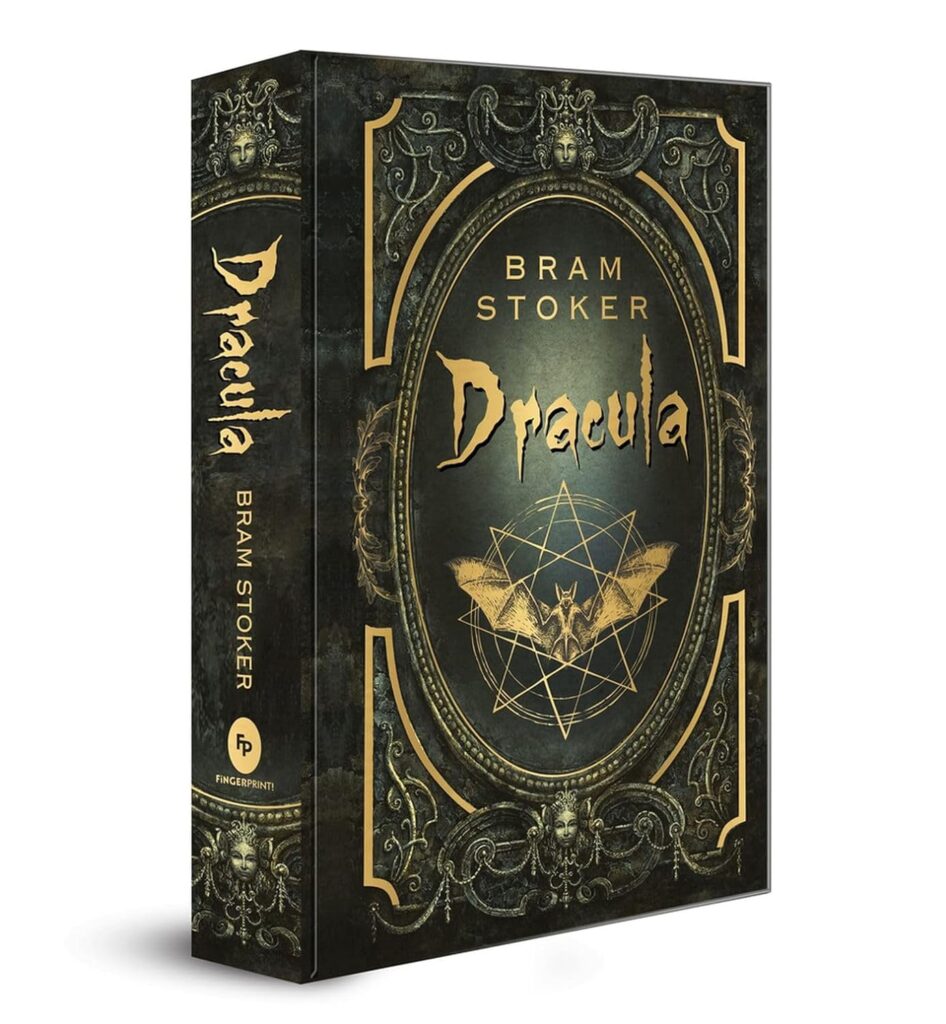
Summary: This horror classic introduces Count Dracula and follows his attempt to move from Transylvania to England, where he aims to spread the undead curse. It’s a chilling and suspenseful read.
Why It’s a Must-Read: “Dracula” is not just a vampire story; it’s a richly layered narrative with themes of fear, desire, and the unknown. Reading it during Halloween added to the spooky atmosphere, making it an unforgettable experience.
“Tess of the d’Urbervilles” by Thomas Hardy (1891)
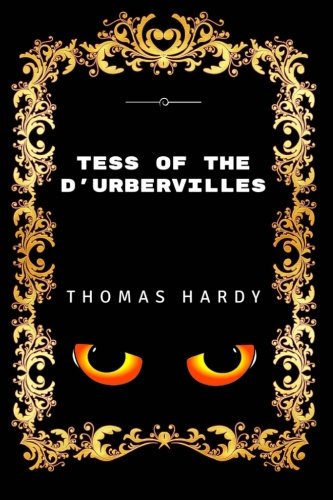
Summary: Tess Durbeyfield’s life is marked by a series of unfortunate events, including a tragic romance and social ostracism. Hardy’s critique of Victorian society’s treatment of women is powerful and poignant.
Why It’s a Must-Read: The emotional depth and social criticism in “Tess of the d’Urbervilles” make it a compelling read. Tess’s tragic story is both heartbreaking and thought-provoking, shedding light on the harsh realities of Victorian society.
“Vanity Fair” by William Makepeace Thackeray (1848)
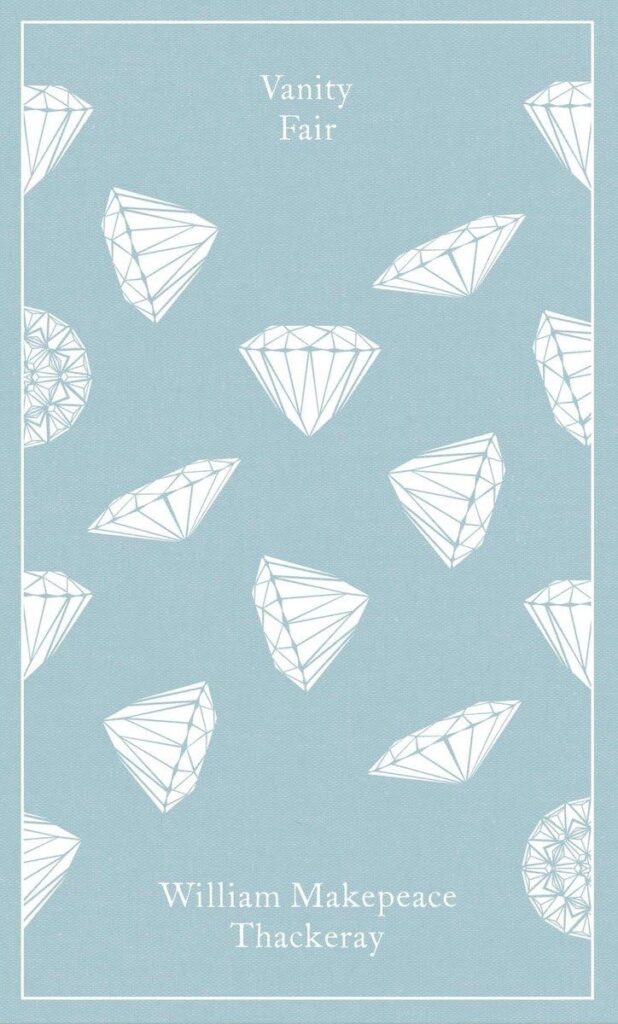
Summary: This satirical novel follows the lives of Becky Sharp and Amelia Sedley as they navigate society’s ups and downs. It’s a sharp critique of social climbing and materialism.
Why It’s a Must-Read: The witty and biting satire in “Vanity Fair” is both entertaining and insightful. Becky Sharp is one of literature’s most intriguing anti-heroines. I found myself both rooting for and against her, which made for an engaging read.
“The Picture of Dorian Gray” by Oscar Wilde (1890)
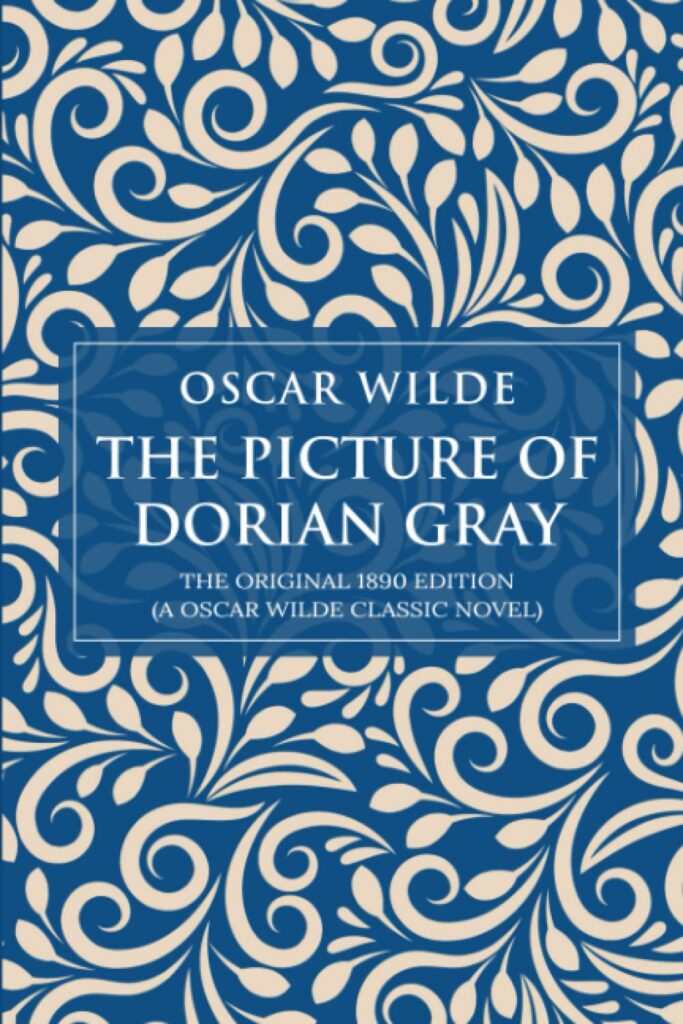
Summary: Dorian Gray, a handsome young man, remains eternally youthful while his portrait ages and shows the effects of his moral corruption. It’s a philosophical exploration of vanity, hedonism, and the nature of art.
Why It’s a Must-Read: Wilde’s witty prose and the novel’s dark, philosophical themes make “The Picture of Dorian Gray” a fascinating read. It’s a book that raises questions about the nature of beauty and the cost of living a life devoid of moral constraints.
“The Woman in White” by Wilkie Collins (1859)
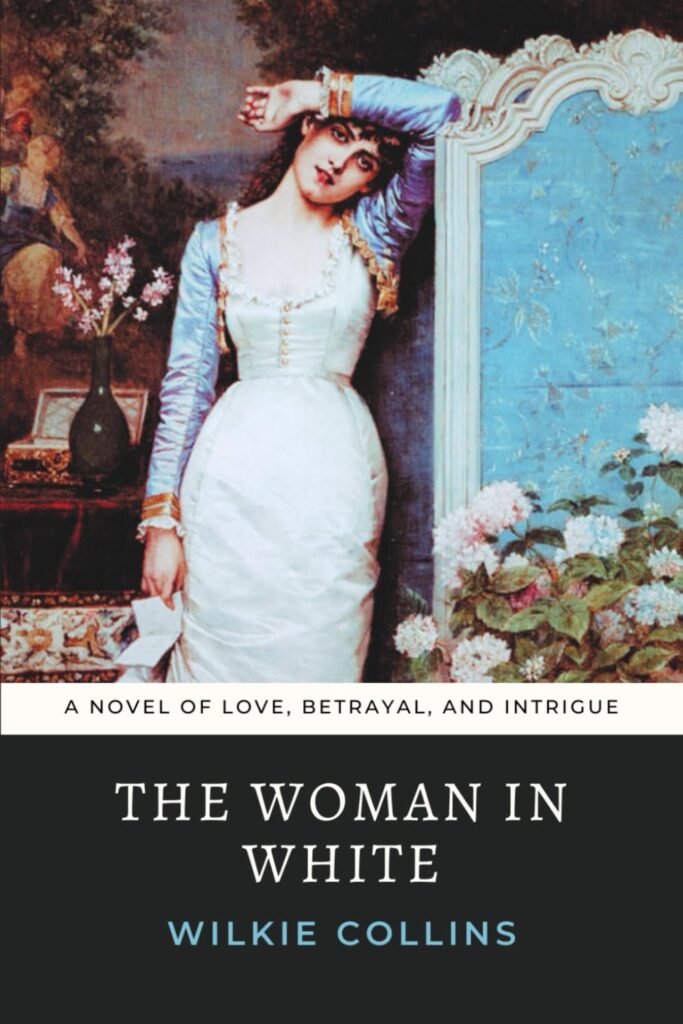
Summary: This mystery novel follows the investigation of a young woman’s mysterious identity and the dark secrets surrounding her. It’s one of the earliest examples of detective fiction.
Why It’s a Must-Read: “The Woman in White” is a gripping mystery with plenty of twists and turns. I found myself unable to put it down, eager to uncover the secrets alongside the characters. It’s a perfect read for fans of suspense and intrigue.
“Far From the Madding Crowd” by Thomas Hardy (1874)
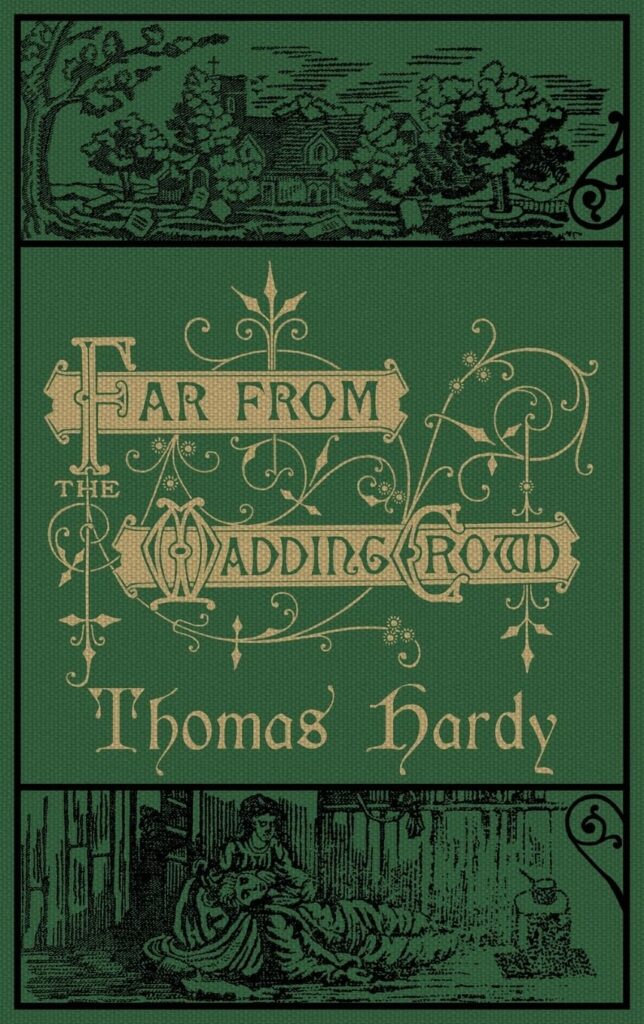
Summary: Bathsheba Everdene inherits a farm and navigates the challenges of managing it and her complicated romantic entanglements. Hardy’s portrayal of rural life is rich and detailed.
Why It’s a Must-Read: Bathsheba Everdene’s independence and resilience make her a standout character. The novel’s depiction of rural life and the natural world is beautifully rendered, making it a joy to read. I felt transported to the English countryside with every page.
Influential Victorian Poetry
“In Memoriam A.H.H.” by Alfred, Lord Tennyson (1850)
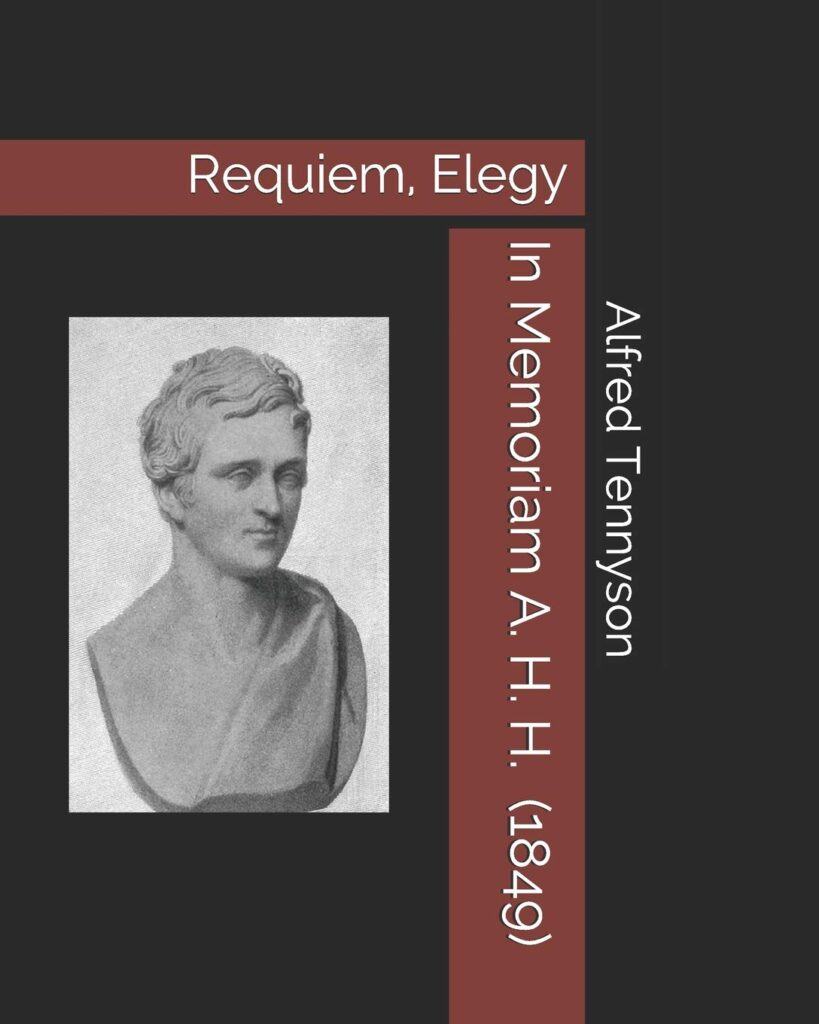
Summary: This long poem mourns the death of Tennyson’s friend Arthur Hallam and explores themes of grief, faith, and the search for meaning in the face of loss.
Why It’s a Must-Read: Tennyson’s profound exploration of grief resonated deeply with me. His beautiful, lyrical language captures the complexity of mourning and the struggle to find solace.
“The Goblin Market” by Christina Rossetti (1862)
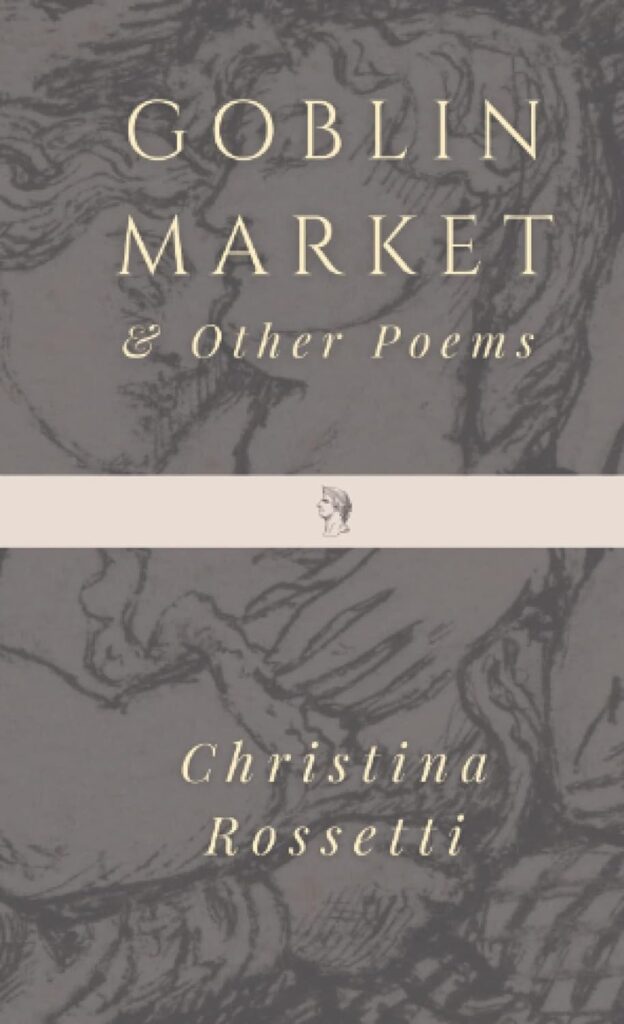
Summary: This narrative poem tells the story of two sisters, Laura and Lizzie, and their encounter with goblin merchants. It’s rich with symbolism and explores themes of temptation, sacrifice, and redemption.
Why It’s a Must-Read: The vivid imagery and rhythmic language in “The Goblin Market” make it a captivating read. Rossetti’s exploration of sisterhood and sacrifice is both touching and thought-provoking. I found myself re-reading certain passages just to savor the beauty of her words.
“Sonnets from the Portuguese” by Elizabeth Barrett Browning (1850)
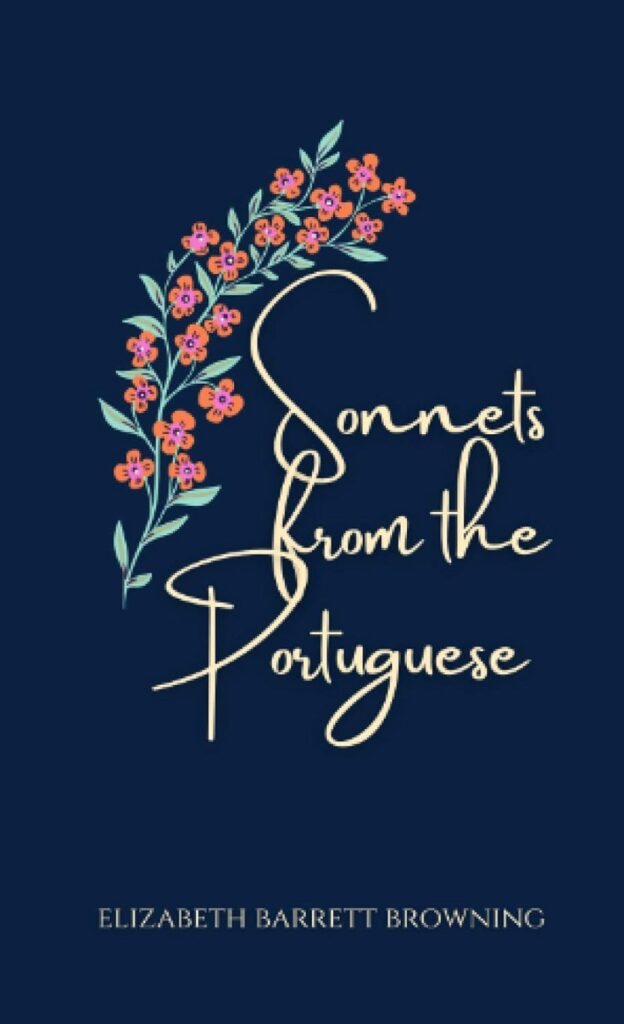
Summary: This collection of 44 love sonnets was written by Elizabeth Barrett Browning to her husband, Robert Browning. They are intimate, heartfelt expressions of love and devotion.
Why It’s a Must-Read: The genuine emotion and lyrical beauty of these sonnets make them timeless. Elizabeth Barrett Browning’s passionate declarations of love are moving and inspiring. They reminded me of the power of poetry to convey the deepest of human emotions.
Groundbreaking Non-Fiction
“On the Origin of Species” by Charles Darwin (1859)
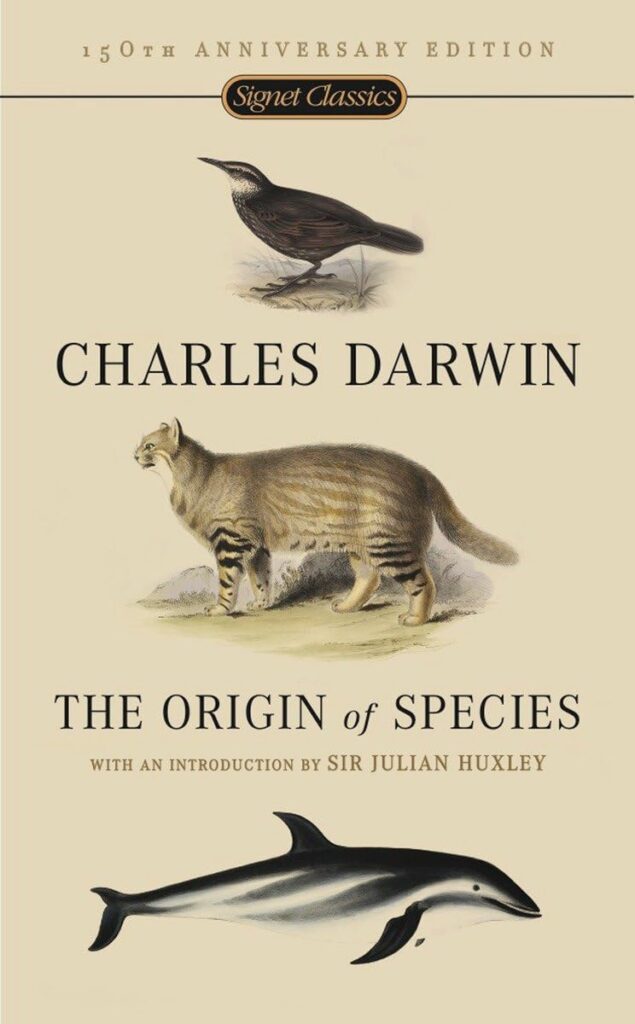
Summary: This scientific work lays out Darwin’s theory of evolution by natural selection, fundamentally changing our understanding of biology.
Why It’s a Must-Read: Darwin’s meticulous research and revolutionary ideas make “On the Origin of Species” a landmark in scientific literature.
“Unto This Last” by John Ruskin (1860)
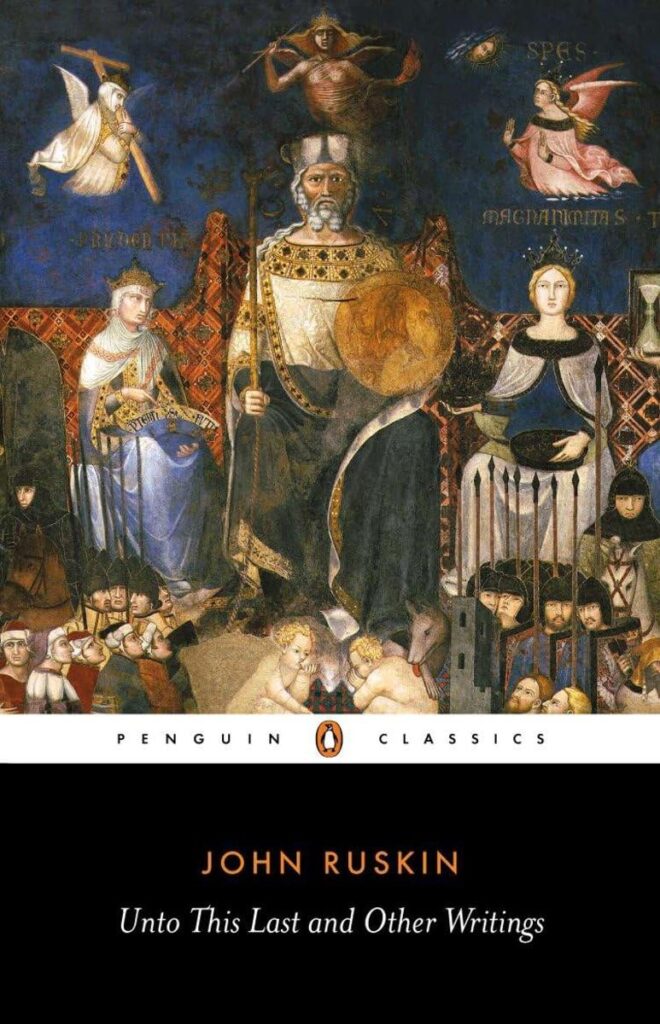
Summary: A series of essays on political economy, advocating for social justice and ethical treatment of workers. Ruskin critiques the capitalist system and offers a vision of a more humane society.
Why It’s a Must-Read: Ruskin’s passionate arguments for social justice and his critique of capitalism are remarkably relevant today. His eloquence and moral clarity made a profound impact on me. It’s a powerful reminder of the need for compassion and fairness in economic systems.
Conclusion
Victorian literature offers a rich tapestry of stories, characters, and themes that continue to resonate with readers today. These 15 best Victorian books are more than just historical artifacts; they are vibrant, living works that speak to the human condition in ways that are both timeless and universal. Whether you’re drawn to the gothic romance of “Jane Eyre,” the social satire of “Vanity Fair,” or the philosophical musings of “The Picture of Dorian Gray,” there is something in this list for everyone.
So, curl up with one of these classics and let yourself be transported to another era. You might just find that the past isn’t so different from the present after all. Happy reading!
Additional Resources
Reading List
If you’ve enjoyed these books, consider exploring other notable Victorian works such as:
- “Bleak House” by Charles Dickens
- “North and South” by Elizabeth Gaskell
- “The Tenant of Wildfell Hall” by Anne Brontë
- “Alice’s Adventures in Wonderland” by Lewis Carroll
Discussion Points
For book clubs and discussion groups, here are some topics to explore:
- How do the social issues depicted in Victorian literature compare to those of today?
- Which Victorian author’s style resonates most with you, and why?
- How do the themes of morality and social justice in these works reflect the values of the Victorian era?
By diving into these discussion points, you can deepen your appreciation of Victorian literature and uncover new insights into these timeless works.
